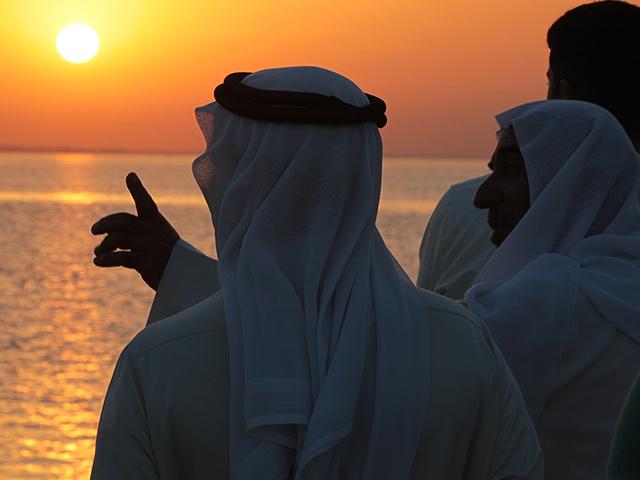
BU DHABI, United Arab Emirates (AP) — Top Biden administration officials and U.S. senators crisscrossed the Middle East on Monday, seeking to assuage growing unease among Gulf Arab partners over America’s re-engagement with Iran and other policy shifts in the region.
The trips come as the U.S. and Iran, through intermediaries in Vienna, discuss a return to Tehran’s tattered 2015 nuclear deal with world powers that former President Donald Trump abandoned three years ago. The United Arab Emirates, Saudi Arabia and other Gulf allies, excluded from Obama-era nuclear negotiations, have repeatedly pressed for a seat at the table, insisting that any return to the accord must address Iran’s ballistic missile program and support for regional proxies.
Sen. Chris Coons, D-Del., a key Biden ally dispatched on overseas diplomatic missions, told reporters in the UAE’s capital of Abu Dhabi that he hoped to allay the sheikhdom’s “understandable and legitimate concerns” about the return to the landmark deal and to create “broader engagement” with Gulf partners.
Coons said “close consultation” with the UAE about the ongoing talks in Vienna was “important, expected and happening,” adding that he hopes the Emiratis “may not just be notified, but actually help.”
What that means remains unclear, as Gulf states now watch with resignation as negotiations gain traction in the Austrian capital. When asked to elaborate, Coons balked at the suggestion that the UAE’s input had acquired any greater significance in talks with Iran over the last five years.
“I did not in any way mean to suggest that there was some deal in the works where the Emiratis would be securing anything,” he said. “Vienna is the place where the United States government, the administration, is negotiating.”
Regional tensions are rising. To pressure the Biden administration to lift sanctions and come back into compliance with the deal, Iran has steadily violated the accord’s limitations on nuclear enrichment and stockpiles of enriched uranium. The long shadow war between Israel and Iran has intensified, with suspected Israeli attacks on Iranian ships in volatile Mideast waterways and at Iran’s Natanz nuclear facility.
The remainder of this article is available in its entirety at CBN